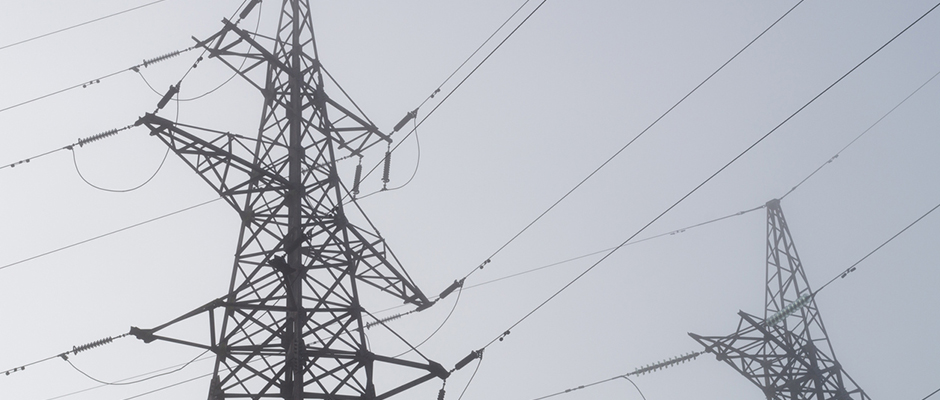IRENE: Improving the Robustness of Urban Electricity Networks

Project IRENE is researching how best to mitigate vulnerabilities of urban electricity grids by utilising the flexibility of future smart grids with decentralised generation and smart control.
The aim is to ensure availability of power supply for critical infrastructures to enable minimal viable operation during large scale power outages or shortages.
To achieve this we are investigating what social, economic and technical components will be needed to ensure that city based power generation and storage are routed and prioritised to enable these critical city functions while other noncritical consumers reduce their electricity load.
IRENE aims to:
• Identify security threats and their impacts on critical infrastructures.
• Define technical means of utilizing distributed energy generation, storage and demand flexibility to increase power availability for critical infrastructures.
• Identify procedures and incentives to allow increased power availability for critical infrastructures.
• Develop tools that help city planners and distribution system operators to guide the planning/deployment of smart grid functions needed to optimize power availability for critical infrastructure.
Michael Chai (UK PI, Associate Professor, QMUL)
Yue Chen (UK CI, Professor, QMUL)
Oliver Jung (Scientist, AIT)
Sanford Bessler (Scientist, AIT)
Tony Clarke (Partner, Ethos)
Edward Lambert (Partner, Ethos)
Lorena Montoya (Senior Researcher, UT)
Alexandr Vasenev (Postdoctoral, UT)
Andrea Bondavalli (Professor, UNIFI)
Andrea Ceccarelli (Research Associate, UNIFI)
The aim of IRENE is to develop a collaboration framework that allows cities for different faults/attack scenarios to collaborate with their stakeholders to:
• mitigate security risks in energy systems.
• understand minimum operational power requirements and system dependencies.
• create decentralised energy inventory and support the sharing of power if needed in an equitable and fair way for all city stakeholders.